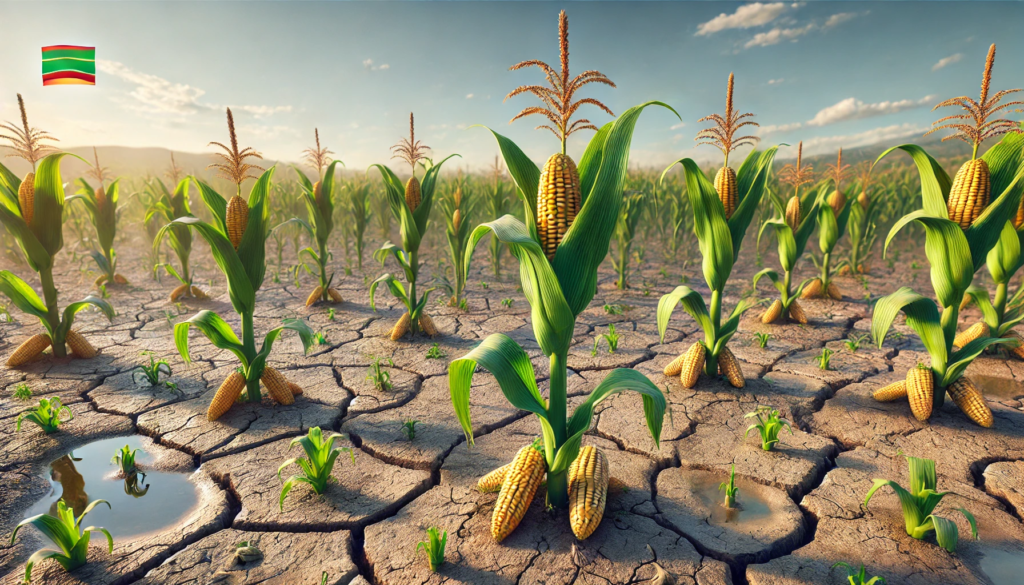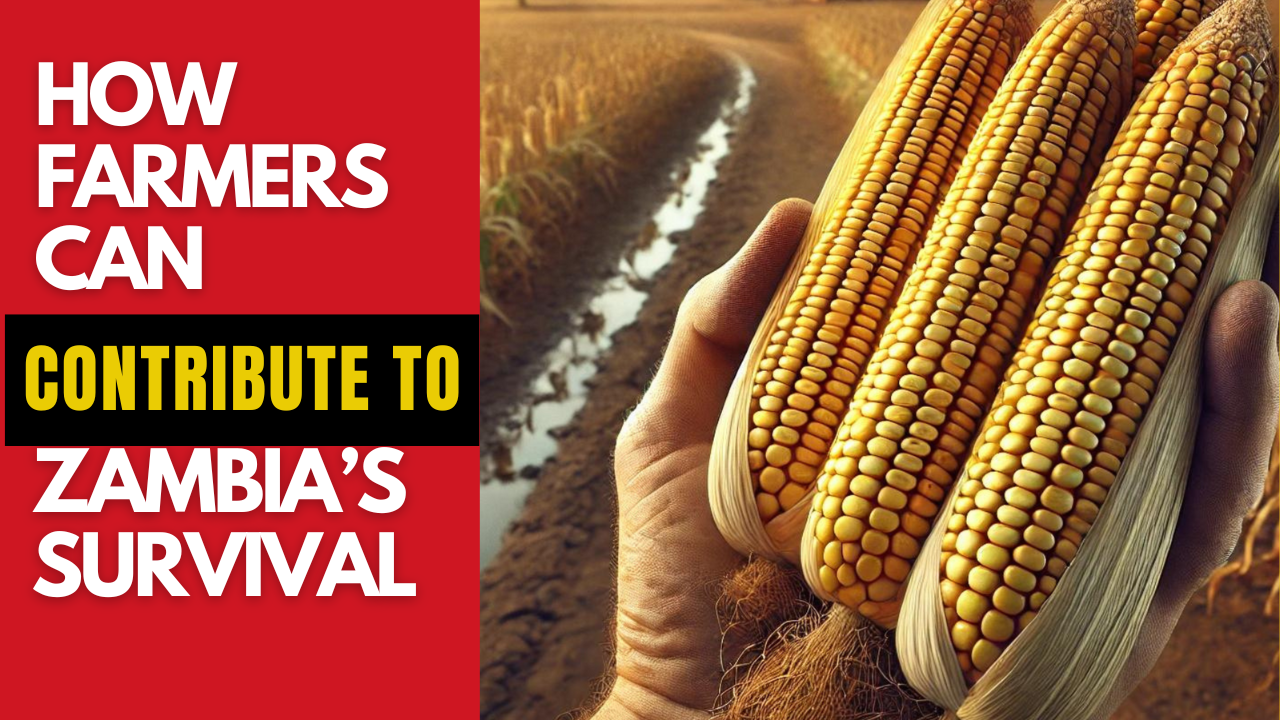Adopting Climate-Resilient Crops for Sustainable Agriculture
1. The Impact of Climate Change on Zambian Agriculture
Agriculture is the backbone of Zambia’s economy, with a significant portion of the population relying on farming for their livelihood. However, the effects of climate change pose a growing threat to agricultural productivity in Zambia. Unpredictable rainfall patterns, prolonged droughts, and rising temperatures are having a profound impact on crop yields, making traditional farming methods increasingly unsustainable. These climate challenges have led to reduced harvests, food insecurity, and economic instability, especially among small-scale farmers who are most vulnerable to these changes.

2. The Role of Climate-Resilient Crops in Sustainable Agriculture
To combat the adverse effects of climate change, Zambia must embrace sustainable agriculture by adopting climate-resilient crops. These crops are specifically bred to withstand the stresses of climate change, including drought, heat, and unpredictable weather patterns. Climate-resilient crops such as drought-tolerant maize, sorghum, millet, and cassava are better suited to thrive in Zambia’s changing climate, offering farmers a reliable alternative to traditional crops that are struggling to adapt.
3. Benefits of Adopting Climate-Resilient Crops in Zambia
The adoption of climate-resilient crops offers numerous benefits for Zambian farmers and the country’s agricultural sector. These crops require less water, making them ideal for areas facing water scarcity due to climate change. They are also more resistant to pests and diseases, which are expected to become more prevalent as the climate continues to change. By improving crop yields and reducing the risk of crop failure, climate-resilient crops can enhance food security and provide a more stable income for farmers. This shift towards sustainable farming practices is crucial for building resilience in Zambia’s agriculture sector.
4. Government and NGO Support for Climate-Resilient Agriculture
The Zambian government, in collaboration with various NGOs, is actively promoting the adoption of climate-resilient crops and sustainable farming practices. Initiatives such as the Farmer Input Support Program (FISP) and the Conservation Agriculture Scaling-Up Project are designed to educate farmers on the benefits of climate-smart agriculture and provide them with the resources needed to make the transition. These programs aim to improve access to quality seeds, offer training on conservation agriculture techniques, and support the widespread adoption of climate-resilient crops across Zambia.
5. Overcoming Challenges to Adoption of Climate-Resilient Crops
While the benefits of adopting climate-resilient crops are clear, several challenges hinder their widespread adoption in Zambia. These challenges include limited access to high-quality seeds, a lack of awareness among farmers about the advantages of climate-resilient agriculture, and the initial costs associated with transitioning to new crops. However, with ongoing support from the government, NGOs, and the private sector, these obstacles can be overcome. Targeted interventions, training programs, and subsidies can help ensure that all farmers have the opportunity to adopt climate-resilient crops and contribute to a sustainable agricultural future.
6. Success Stories of Climate-Resilient Agriculture in Zambia
There are already inspiring success stories of Zambian farmers who have embraced climate-resilient agriculture and are seeing the benefits. In the Eastern Province, for example, farmers who switched to drought-tolerant maize varieties have reported significantly higher yields and greater resilience to dry spells. These success stories demonstrate the potential of climate-resilient crops to transform agriculture in Zambia and provide a model for other farmers to follow.
Conclusion
The future of farming in Zambia hinges on the country’s ability to adapt to the challenges posed by climate change. By adopting climate-resilient crops and sustainable agriculture practices, Zambian farmers can safeguard their livelihoods, ensure food security, and contribute to a more resilient and sustainable agricultural sector. With the right support and resources, Zambia is well-positioned to lead the way in climate-smart agriculture, paving the path for a brighter and more sustainable future for all.


